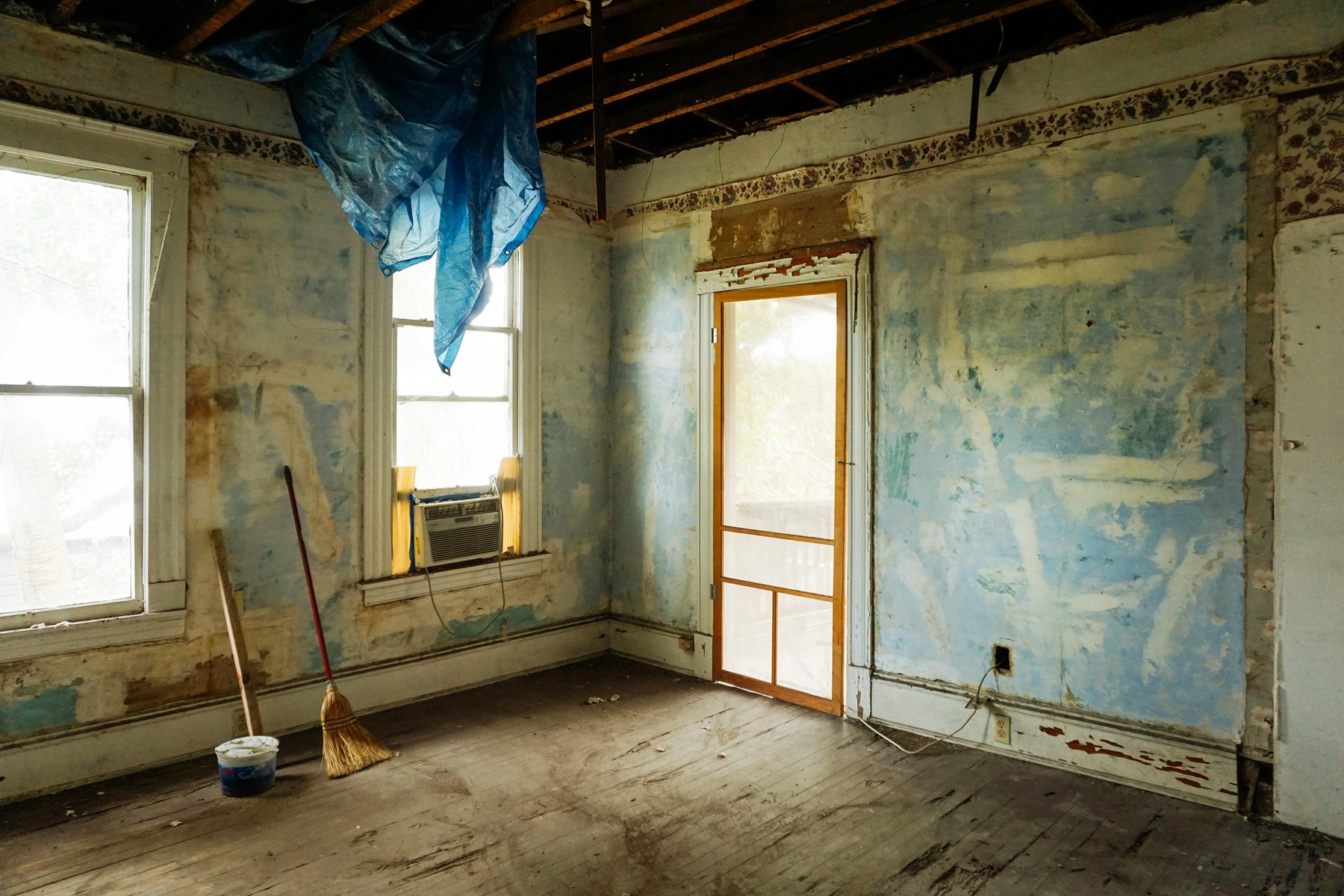“Fix & Flip” is a well-known real estate strategy: buy a rundown property, renovate it, then sell it quickly for a profit. It’s an exciting concept — and highly popular in markets like the US. But if you’re thinking about fix and flip in Germany, you need to understand the local challenges before jumping in.
In Germany, it’s not that simple.
What Is Fix & Flip?
Fix & Flip means buying distressed or undervalued properties, renovating them, and selling them for a higher price — ideally within months.
While this approach is popular and profitable in the US and some other markets, Germany plays by different rules.
Why Fix & Flip Is Challenging in Germany
1. The Speculation Tax
Germany imposes a 10-year speculation tax on profits from selling privately owned real estate (unless it’s your primary residence). Sell within 10 years, and your gains are taxed at your personal income tax rate — which can be as high as 45% plus solidarity surcharge.
In other words: If you buy, renovate, and flip within a year, a big chunk of your profit goes to taxes.
2. High Renovation Costs
Construction and renovation costs in Germany can be steep. Unless you have:
- A network of reliable and affordable contractors,
- Your own in-house construction team, or
- The skills and time to do the work yourself,
your budget can quickly spiral out of control. Rising material costs and long lead times often delay projects beyond what a profitable flip can handle.
3. Few Truly Cheap Properties
Unlike markets flooded with foreclosures or distressed sales, Germany’s real estate market is stable. That means it’s hard to find heavily undervalued properties ripe for flipping.
If properties need work, you’ll likely compete with developers, investors, and even owner-occupiers willing to live through renovations.
When Can Fix & Flip Work in Germany?
Despite the hurdles, fix & flip can work under the right conditions:
- You buy dirt cheap. Rural areas, insolvency auctions, or properties with serious issues offer more margin for profit.
- You renovate efficiently. Quick, cost-effective renovations give you an edge. That’s why professional firms sometimes succeed where individual investors struggle.
- You sell through a business. Using a GmbH (limited company) with smart tax planning can reduce tax impact — though it adds other complexities like trade tax and VAT.
The Alternative: Buy, Hold, Optimize
For long-term wealth building in Germany, a more practical strategy is:
- Buy undervalued or value-add properties
- Renovate and rent them out
- Optimize your cash flow
- Sell after 10 years — completely tax-free on capital gains
Platforms like Immojourney make this easier by helping you track renovation costs, monitor cash flow, and manage your entire portfolio — all in one place. No messy Excel sheets. No missed expenses. Just clarity.
Conclusion: Fix & Flip Isn’t Dead, But It’s Not Easy in Germany
The fix & flip dream exists here — but it comes with heavy tax penalties, tight margins, and operational challenges.
Unless you’re experienced, well-connected, and tax-savvy, the long game is usually the smarter path.
In Germany, patience literally pays off.
Want to manage your real estate investments smarter?
Try Immojourney now — the cash flow and portfolio tool built for German real estate investors.



